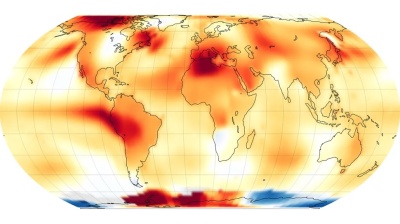Massive vote-buying and the re-emergence of fraudulent voters have cast doubt over the integrity of the recent midterm elections in the Philippines, with reports surfacing from various provinces across Mindanao, Visayas, and Luzon, Inquirer reported.
In Buluan, Maguindanao del Sur, authorities apprehended 80 men—some of them minors—before polling began on May 12. Each had reportedly been promised PHP1,500 ($26.9) to vote illegally. The group, believed to have travelled from areas including General Santos City, Sultan Kudarat, and Bukidnon, admitted to being paid participants, though they declined to identify their sponsors. Officials believe more would have followed had the group not been intercepted. Due to a spate of violence during the campaign, Buluan was placed under the control of the Commission on Elections.
Throughout Mindanao, financial incentives were used to drive voter turnout. In Zamboanga del Sur, people queued from as early as 4 a.m., with reports of voters receiving up to PHP5,000 before voting and an additional PHP5,000 after, referred to locally as “backing”. In some towns, vote-buying reportedly reached PHP8,000 to PHP10,000 per person.
Similar practices were observed in Cagayan de Oro (PHP1,000–PHP6,000), Lanao del Norte (cash plus rice), and Surigao del Sur (PHP4,970–PHP11,690). In Eastern Visayas, the practice—called “badil”—ranged from PHP50 to PHP15,000 ($269), depending on the post contested.
Police in Central Luzon are currently investigating 35 online reports of vote-buying. Church leaders have condemned the practice, calling it a betrayal of democratic values.
While these practices are hardly new, they are an alarming sign that, despite ongoing reforms, money continues to have an undue influence over the electoral process. This raises concerns about the true value of votes and whether the democratic system is truly functioning in the best interests of all citizens.
News
_1755109812.jpg)
Foreign influencers fuel Colombia's tourism boom as revenues hit record $40bn
Colombia's pioneering digital diplomacy strategy, underpinned by a deft use of foreign social media influencers, has catalysed the nation's record-breaking tourism performance.

South Sudan rejects claims of Gaza resettlement discussions with Israel
South Sudan denies reported Israel talks on Gaza Palestinian resettlement as international community condemns forced displacement proposals violating international law.
_Cropped_1755095305.jpg)
Dozens injured in Serbia as anti-government protests turn violent
At least 50 people were injured in the town of Vrbas, where protesters, members of the ruling Serbian Progressive Party and police clashed outside local party offices.

Venezuela clears way for Russian extradition of Ukraine supporter held in Caracas
Venezuela's Supreme Court will consider extraditing a Russian national and prominent Ukraine supporter to Moscow on terrorism charges, in yet another case that illustrates the deepening ties between Maduro's regime and the Kremlin.




